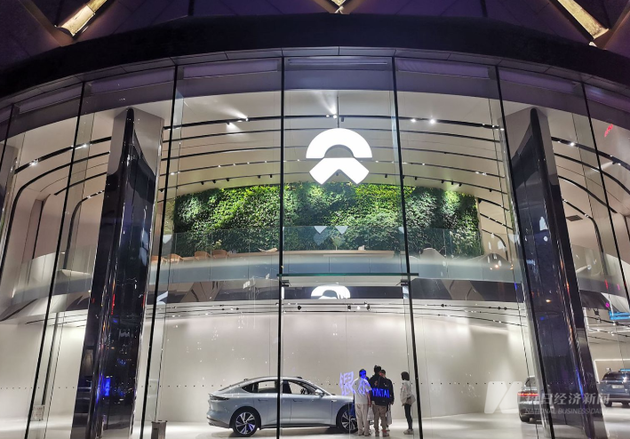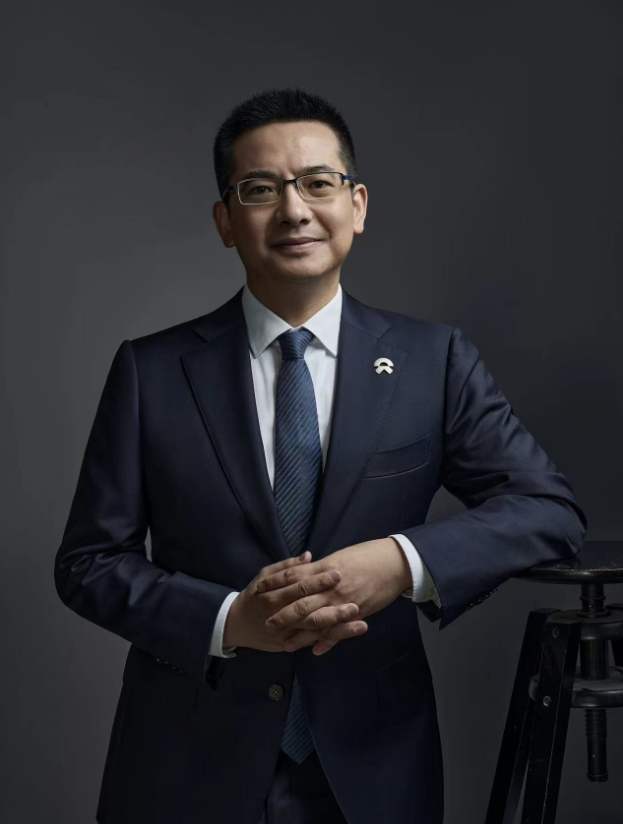
File photo/Li Xing (NBD)
NIO, a leading player in China's new energy vehicle (NEV) market, has reported a cumulative delivery of 190,832 vehicles from January to November 2024, marking a 34.4% year-on-year increase. Cumulative deliveries reached 640,426 as of November 30, 2024.
Qin Lihong, NIO's co-founder and president, shared insights into the company's growth, brand strategy, and commitment to research and development (R&D) in an exclusive interview with the National Business Daily (NBD).
Qin attributed NIO's sales growth to three main factors: the competitiveness of their 2024 product lineup, the adoption of the Battery as a Service (BaaS) strategy, and the expansion of their sales network. NIO aims to achieve a monthly sales scale of 30,000 units and a 20% gross margin on vehicles with the release of new products and updates to existing ones.
NIO is set to enter a multi-brand era, with the launch of its third brand, internally codenamed "Firefly," scheduled for December 2024.
The brand will target the entry-level market, with its first model expected to hit the market in the first half of 2025. Qin emphasized that brand definition should be determined by consumers rather than company executives, with NIO's three brands focusing on high-end, mainstream, and entry-level markets, respectively.

Qin Lihong Photo/Provided to NBD
A key differentiator for NIO is its battery swap technology, which Qin refers to as the company's "signature." NIO plans to expand its battery swap network, aiming to build 5,000 swap stations nationwide by the end of 2025 to support its brand development.
As of October 20, NIO has constructed 2,580 swap stations, 4,054 charging stations, and 23,785 charging piles, with access to over 1.1 million third-party charging piles.
Despite the rapid development of ultra-fast charging technologies, Qin maintains that battery swapping still holds an advantage. He argues that swapping stations are essentially ultra-fast charging stations that save users' time by charging batteries when they are not in use, allowing for a quick swap in just a few minutes.
NIO's R&D investment has been substantial, with over 46 billion yuan invested since 2016, resulting in a comprehensive technology stack and more than 9,000 patents. Qin highlighted that NIO's high R&D spending is laying the "foundation" for future growth, comparing the company's commitment to building a skyscraper that requires a strong and well-funded base.
In conclusion, NIO is focused on expanding its product lineup, enhancing its battery swap network, and maintaining a strong R&D pipeline to stay competitive in the evolving NEV market. With a clear strategy and a commitment to innovation, NIO is poised to continue its growth trajectory in the coming years.


 川公网安备 51019002001991号
川公网安备 51019002001991号





